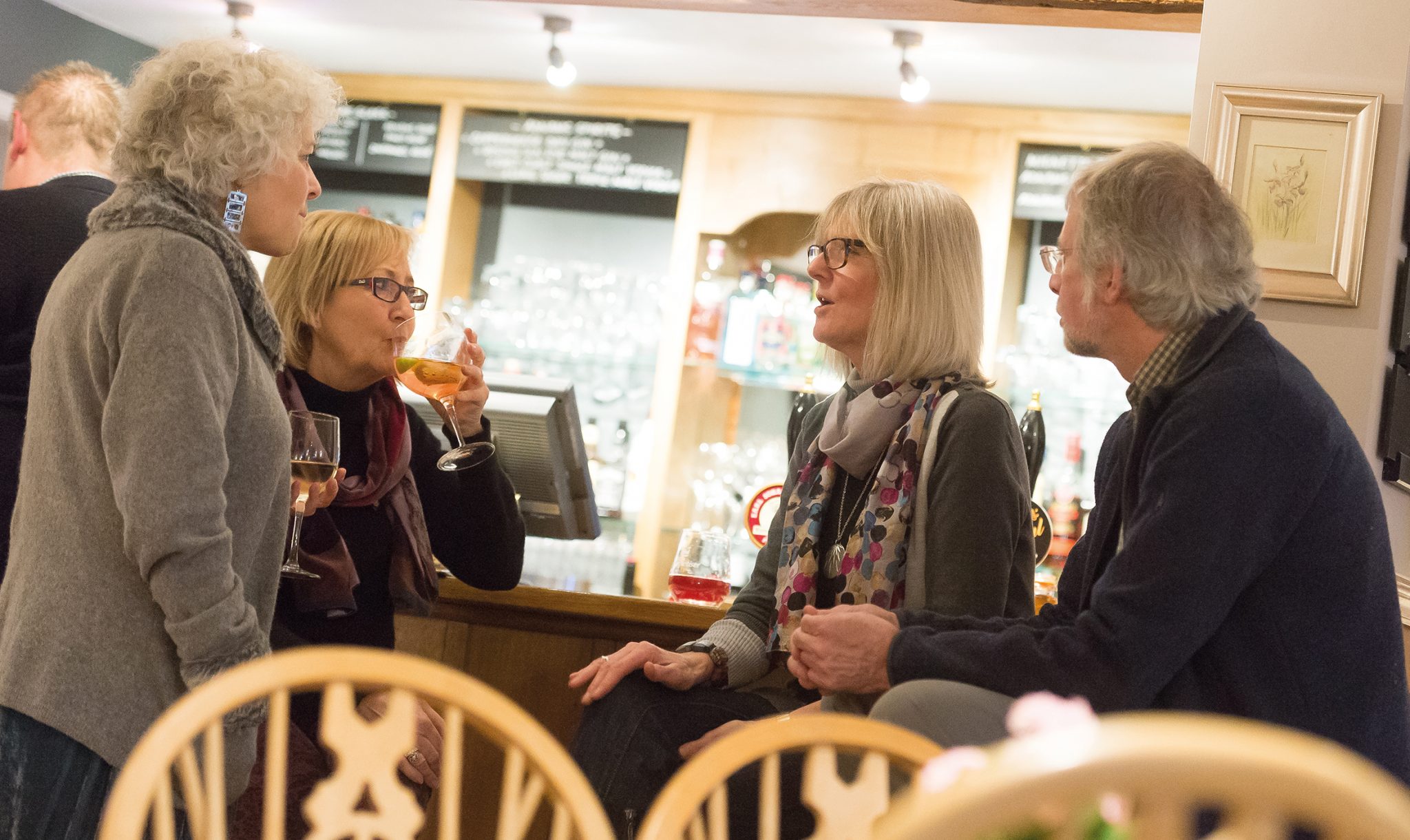Oli Watts, head of communications and community at the East of England Co-operative
“The key is to use absolute authenticity to make a lasting, powerful impact. The truth is there is not one thing that sums up our co-op difference; it’s all the little things that we do differently every day because we are a co-op. We call this ‘Small things, big difference’. The abundance of stories we use to explain this concept are always from real members, customers and colleagues – and mean we can authentically show what it means to be a co-operative.”
Sarah Chilton, head of customer insight and marketing at the Southern Co-operative
“We market our difference by actually ‘doing,’ this in turn creates the stories that we are able to tell. At Southern Co-op, we are committed to working together with our members, customers, colleagues and others for the benefit of our communities across the south of England. Our vehicle for doing this is our Love Your Neighbourhood programme. It is the difference that we make in our communities which forms a core element of how we talk about Southern
Co-op. After all, advocacy from our customers in the surrounding areas of our stores is a very powerful marketing tool.”
Leire Luengo, director of communications at International Co-operative Alliance
“Tell how, tell why, tell who. Cooptelling.”
Nicola Huckerby, co-operative communications ambassador at Branding.coop
“Remember that people are looking for ethical values-based businesses to deal with. You have to make it easy for them to find you – so use a .coop domain and the COOP Marque at every opportunity. Tell everyone you meet that you are proud to be a co-op. People love facts, so tell them you are one in 1.2 billion, and that there are 7,226 co-ops in the UK. It’s a great conversation starter!”

Andrew Mallinson, marketing and communications officer at the Co-operative College
“The one thing that I’d say is most important to remember when marketing your co-operative difference is knowing who your audience is. What are their interests, what publications do they read, where do they spend their free time? Identifying key characteristics allows you to create audience personas that will help you target your products or events at people who will be most interested.”
Ashley Sellwood, communications and marketing officer at the Plunkett Foundation
“It is important to promote how your co-op is different to others. This could be that you provide volunteer training, social clubs for local people or a community café.”

Helen Carroll, director of brand at the Co-op Group
“Co-ops should market themselves by shining a light on the difference they are making, rather than just trying to explain that they are different. Why co-ops exist is not a sell in itself if our actions are the same as everyone else’s. Show, don’t tell, should be at the heart of an effective co-operative marketing approach.”
Mike Erskine, marketing officer, Wales Co-operative Centre
“What I always try to recommend to our clients who are trying to market what makes them different is – go digging for those personal stories that lie deep within your organisation, which reflect your vision, your co-op values. Can you find an individual who has faced a tough challenge and has, thanks to the support from your organisation and other partners, tackled that challenge head on and come out the other side better for it? It is those human interest stories which have that stick factor and will make people remember your co-op difference.”
Laura Dunne, head of marketing and membership at the Lincolnshire Co-operative
“Generally, it’s the purpose of what you’re doing that’s different because you’re a co-op, or the approach you take. We focus on these aspects in our marketing to get some standout from the crowd who are often reporting similar outcomes.”